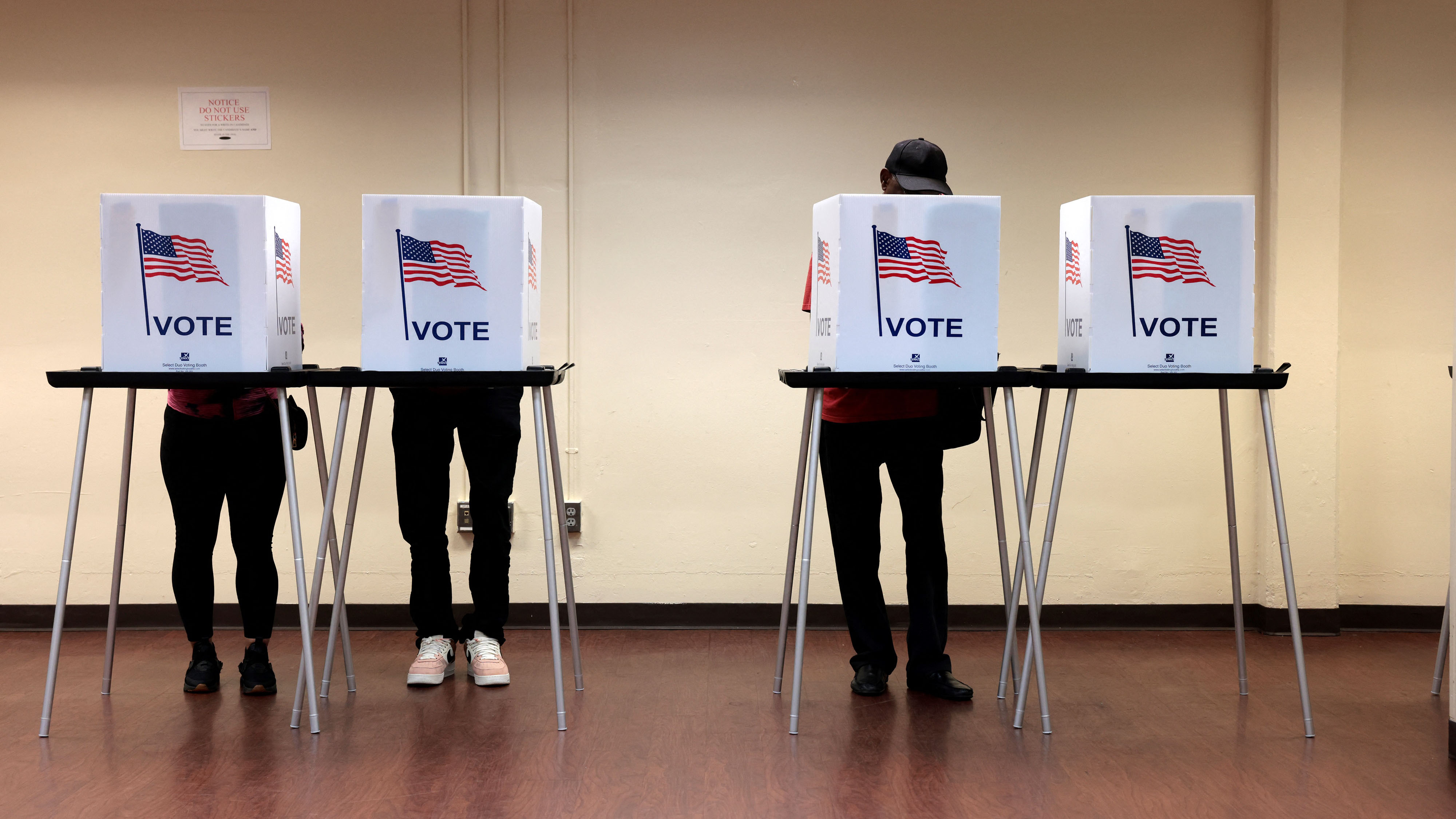The GOP-controlled House passed legislation Tuesday to cut Amtrak's budget by $242 million, though lawmakers added new funding for video cameras inside locomotive cabs to record engineers and help investigators get to the bottom of crashes such as last month's deadly derailment in Philadelphia.
Amtrak announced last month it is going to install the cameras after years of delays. The transportation and housing measure approved by a narrow 216-210 vote contains $9 million approved last week to fund the inward-facing camera initiative in the budget year starting in October.
Amtrak is among many domestic programs whose budgets are cut or frozen by the GOP measures, as automatic spending curbs known as sequestration are again hitting federal agencies after two years of relief. Previous House GOP attempts to cut Amtrak over the years have been reversed, and Tuesday's transportation measure is but an opening move in a longer chess match with the White House over spending levels for agency operating budgets passed annually by Congress.
House Republicans also unveiled crunching cuts of $718 million to the Environmental Protection Agency even as a Senate panel gave initial approval to a huge measure awarding the Pentagon with a 7 percent increase. The 9 percent cut comes as Republicans press to rein in the EPA, which they say is too aggressive in pursuing a pro-environment agenda at the expense of business and industries such as utilities with coal-fired power plants.
The Amtrak funding measure is part of a huge, $55 billion spending measure funding transportation, housing for the poor and community development programs. It's the fifth of 12 spending measures to come to the House floor and, like its predecessors, faces a veto threat from President Barack Obama.
Obama is demanding that domestic programs get the same level of relief from sequestration that Republicans have awarded the Pentagon. Senate Democrats vowed Tuesday to block the GOP appropriations bills until Republicans come to the table and negotiate higher spending levels for domestic programs such as transportation grants, health research, rent vouchers for the poor and clean water grants.
"We're ready to start right now. Where are they?" said Sen. Chuck Schumer, D-N.Y. Majority Leader Mitch McConnell, R-Ky., dismissed the idea of a budget summit, at least for now, and questioned whether Democrats would go ahead and filibuster the Pentagon funding measure next week as they have threatened. The confrontation appears headed for a showdown this fall.
Local
The $576 billion Senate Pentagon funding measure generally matches Obama's request but relies on accounting gimmicks to do so. Republicans are padding war accounts to get around sequestration, which would freeze core defense spending at current levels, even as troop pay goes up and cost overruns plague new weapons systems like the next-generation F-35 fighter plane.
Amtrak currently receives $1.3 billion from the government, most of which goes toward capital improvements and debt service. The railroad has long come under attack for expensive subsidies of its money-losing long-distance routes and losses from its food and beverage services, but its operating subsidies are forecast to dip below $300 million this year.
New data provided to Congress shows that Amtrak's long-distances routes are losing more money, however, while the busy, profit-making Northeast corridor route is making growing profits. Money-losing routes such as the Sunset Limited, which runs from New Orleans to Los Angeles at a subsidy of more than $400 a ticket, account for losses of more than $600 million, while the Northeast corridor is expected to contribute a $357 million profit this year.
Amendments by Rep. Pete Sessions, R-Texas, to eliminate the Sunset Limited and 11 routes whose operating costs amount to more than double the money from fares and dining car receipts failed as pro-Amtrak Republicans teamed with Democrats to defeat them.
The GOP-drafted measure cuts $242 million from capital accounts but fully funds the $289 million request for operating losses.
Elsewhere, the transportation and housing bill falls short of Obama's request for housing subsidies for the poor, which the administration says is lengthening waiting lists for rent vouchers. It would also cut funding to rehabilitate housing projects by almost $200 million to $1.7 billion, and would offer just $20 million to Choice Neighborhoods grants to help cities rebuild poor neighborhoods, a 75 percent cut from current spending.
While community development grants to states and local governments would be maintained at current levels of $3 billion and funding for a key program for the homeless would receive a nominal $50 million increase, money to help cities deal with poisonous lead paint in antiquated housing would absorb a $35 million cut, or almost one-third.
The measure also seeks to reverse Obama administration steps to greatly ease travel restrictions to Cuba.



